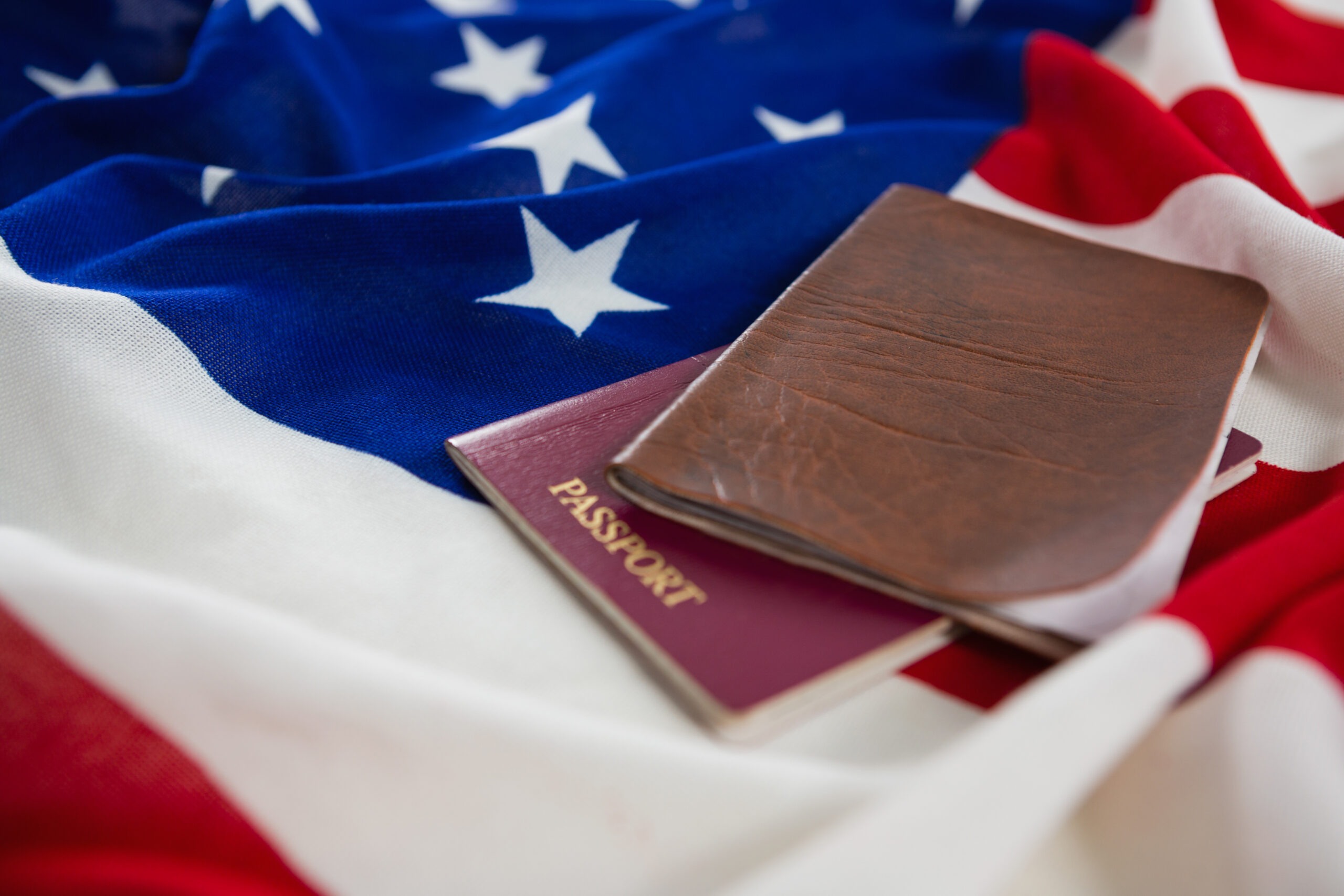Author: Cosmina Bradea
Studying in the United States is a dream come true for many students around the world, and the hospitality industry is no exception. Pursuing a degree in hospitality in the U.S. can offer students a wealth of opportunities, including exposure to a diverse culture and access to top-notch education. However, before embarking on this exciting journey, it’s essential to understand the visa requirements for international students.
The F-1 visa is the most common visa for non-immigrant students in the U.S. It is required for all students attending a full-time academic program or English Language Program (ELP) at a U.S. college or university. The F-1 visa is issued for the duration of the student’s academic program and allows them to work on-campus for up to 20 hours per week.
To apply for an F-1 visa, students must first be accepted into a U.S. college or university and receive a Form I-20 from their designated school official (DSO). The Form I-20 is a Certificate of Eligibility for Nonimmigrant Student Status and must be presented during the visa application process.
In addition to the Form I-20, students must also provide evidence of financial support to cover their tuition, fees, and living expenses while in the U.S. This can be in the form of bank statements or a financial sponsor’s affidavit of support.
It’s important to note that the F-1 visa does not permit students to work off-campus during their first academic year. However, after the first year, students may be eligible to participate in Curricular Practical Training (CPT) or Optional Practical Training (OPT). CPT allows students to work off-campus as part of their academic program, while OPT provides students with the opportunity to gain work experience in their field of study for up to 12 months.
Overall, the F-1 visa provides international hospitality students with the opportunity to pursue their dreams of studying in the U.S. and gaining valuable work experience. It’s essential to understand the requirements and restrictions of the visa and to work closely with your designated school official to ensure a smooth and successful application process. Schedule a call with our Admissions Team today to get started.




